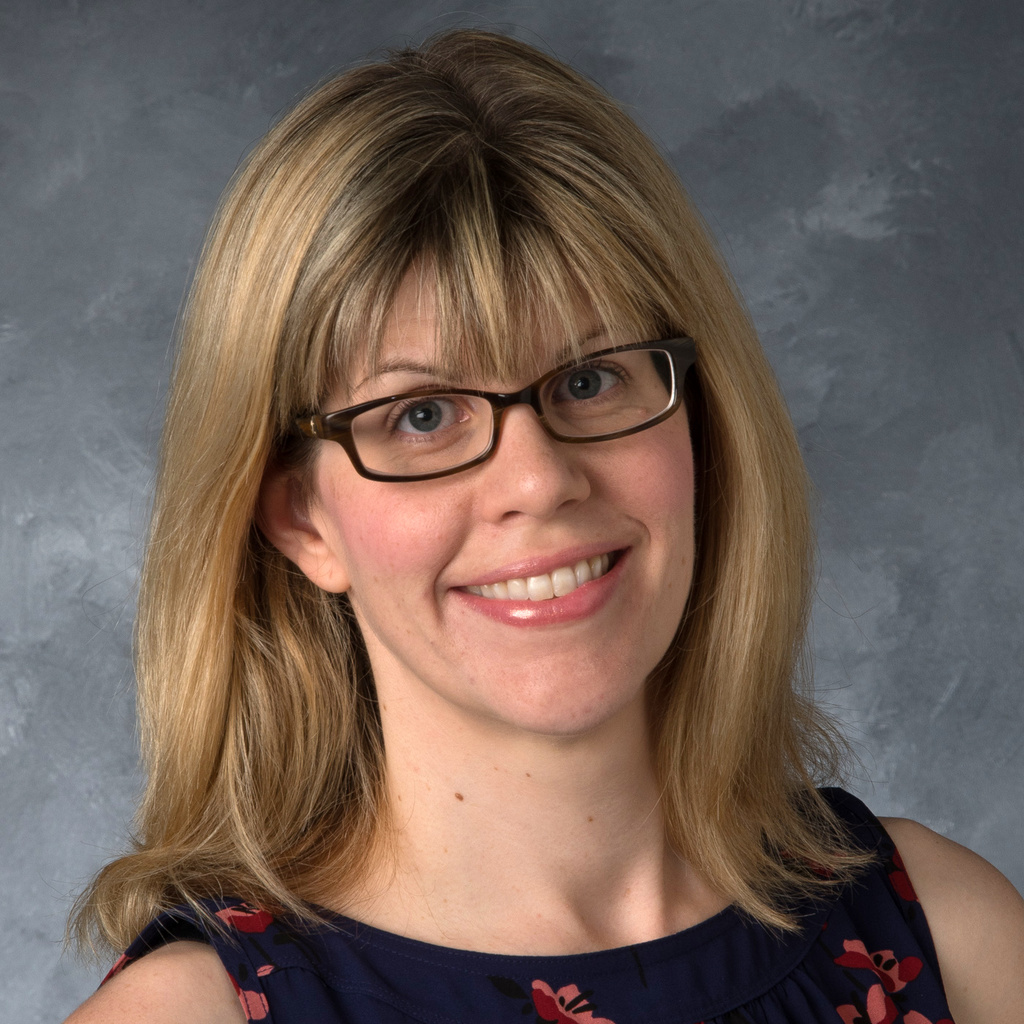Main navigation
Services for Clients. Opportunities for Students.
Services are available for individuals who have cerebral palsy, progressive neurogenic disorders, low-incidence disorders, severe apraxia of speech, traumatic brain injury, intellectual disabilities, aphasia, autism, and other related conditions.
We offer evaluations, equipment access and programming, and therapeutic instruction for our clients. Therapy is tailored to each individual’s needs and abilities with an emphasis on spontaneous, generative communication in a motivating and goal-directed environment.
Brochures with additional information on AAC Services for Adults and AAC Services for Children may be downloaded and shared with potential clients and their families.
Augmentative and Alternative Communication (AAC) empowers clients to actively participate and engage in all environments. Clients using AAC supplement or replace their oral speech using unaided and aided methods, such as manual signs, communication boards, and high-tech speech-generating devices.
Voice and Message Banking Assistance Program
Voice banking is a process that allows individuals to create a custom synthetic voice based on recording many speech samples. When that synthetic voice is integrated with communication software, it allows a person to type any message and have it spoken in a customized synthetic voice that sounds like them versus a generic synthetic voice.
Message banking involves recording and storing words, phrases, sentences, and personally meaningful sounds using one’s natural voice, inflection, and intonation. These messages are catalogued as .wav files and may then be linked to messages in a variety of augmentative communication technologies or sound storage files (Boston Children’s Hospital).
In our clinic, graduate student clinicians on the AAC rotation assist individuals and families with voice and/or message banking. Our goal is to provide guidance on the recording process, voice banking services, and funding options to make the task less complicated.
Krista Davidson, a strong advocate for AAC, and Katie Gardner, a graduate student in CSD at Iowa, collaborated on the development of a A Guide to Voice Banking. The guide may be downloaded, making it available to all.
Amyotrophic Lateral Sclerosis Assistive Technology Learning Lab
Through a partnership with the ALS Association and funding from the Christopher and Dana Reeve Foundation, the clinic received assistive technology and low-tech communication kits to serve clients with ALS and their caregivers. Twice per year, the clinic hosts ALS Communication and Assistive Technology Learning Labs. The labs introduce AAC and assistive technology tools to those impacted by ALS. Graduate clinicians offer education and exposure to a variety of communication and assistive technology interventions to individuals with ALS and their caregivers.
Interactive practice stations and demonstrations feature:
- High technology speech-generating devices and switches
- Hands-free computer access
- Smart phone and tablet apps and access interventions
- Environmental controls and voice banking
- Rapid access/low technology scanning and eye gaze interventions
Essential AAC: Training our first responders
Graduate students are invited to take part in this outreach project to educate Iowa first responders about AAC and how to communicate with individuals who are unable to use oral speech because of a pre-existing condition or because of the emergency they are experiencing. We have presented for local and regional agencies in-person and virtually. The group also collaborates to create and distribute functional communication boards for use in high-stakes situations.
Clinical coordinator

